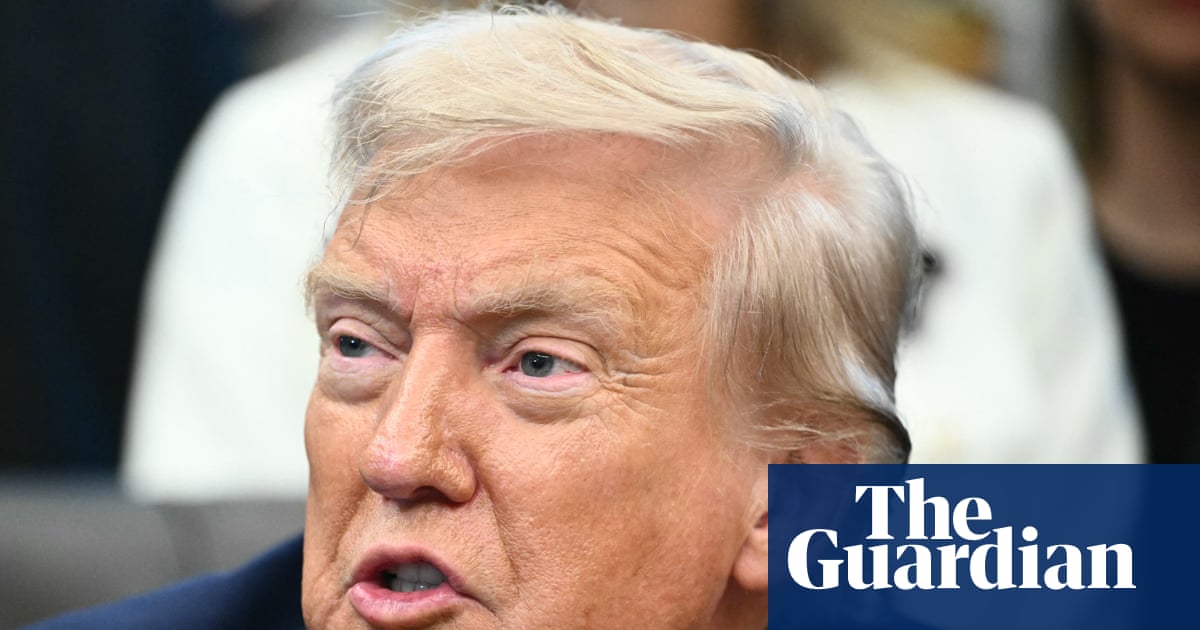 |
|
The article details Donald Trump's renewed threat to impose tariffs and export restrictions on countries that implement digital services taxes (DSTs) or other regulations that he believes unfairly target American technology companies like Google, Meta, Amazon, and Apple. Trump's statement, made on his social media platform Truth Social, specifically calls out digital taxes, legislation, rules, and regulations as being designed to harm or discriminate against American technology. He argues that these measures, exemplified by the UK's 2% digital services tax which generates approximately £800 million annually, also provide a loophole for Chinese tech giants. Trump asserts that, as president, he would retaliate against countries attacking American tech companies by imposing substantial additional tariffs on their exports to the US and instituting export restrictions on highly protected technology and chips. This stance places pressure on countries like the UK and EU, both of which have existing DSTs and have recently negotiated trade agreements with the United States. Several EU member states, including France, Italy, and Spain, also have digital services taxes in place. The US has consistently criticized the UK's DST, which has been in effect since 2020, despite its continuation following a prior agreement with the Trump administration. Trump's complaints revolve around the perceived negative impact of DSTs on American companies. He previously issued an executive order in February, titled "Defending American Companies and Innovators from Overseas Extortion and Unfair Fines and Penalties," which threatened retaliatory tariffs. In April, it was reported that Keir Starmer offered to lower the headline rate of the UK's DST for US tech companies, while maintaining the levy on companies from other countries. Trump declared that America and its tech companies are no longer the world's “piggy bank” or “doormat,” and demanded respect for American companies under threat of consequences. The article notes that Trump’s warning comes a week after the US and EU agreed to address unjustified trade barriers, although the EU has stated that it has not committed to changing its digital regulations. In contrast, Canada recently scrapped its digital services tax, which Trump had criticized as a “direct and blatant” attack, in an effort to facilitate trade negotiations with the US.
The core issue at the heart of this article is the ongoing tension between the United States and other countries, particularly those in Europe, over the taxation and regulation of large technology companies. The US, under Donald Trump, views digital services taxes as discriminatory measures that unfairly target American businesses. Trump's stance is rooted in the belief that these taxes are designed to extract revenue from successful US companies while giving preferential treatment to domestic or Chinese competitors. His proposed solution is to leverage the economic power of the United States by imposing tariffs and export restrictions on countries that implement these taxes. This is a form of economic coercion aimed at forcing other nations to reconsider their policies. The European perspective, however, is different. Many European countries argue that large tech companies, often headquartered in the US, have amassed significant wealth and market power within their borders but have not been adequately taxed under traditional corporate tax structures. They contend that digital services taxes are a necessary tool to ensure that these companies contribute their fair share to the public coffers. Furthermore, some European policymakers see these taxes as a way to level the playing field and promote competition in the digital marketplace. They argue that the dominance of a few large US tech firms can stifle innovation and create barriers to entry for smaller, local companies. The disagreement is further complicated by geopolitical considerations. The rise of China as a technological and economic power has added another dimension to the debate. Some argue that measures targeting US tech companies could inadvertently benefit Chinese competitors, while others believe that a more assertive stance is needed to protect domestic industries from both US and Chinese dominance. The differing perspectives on digital taxation and regulation reflect a broader conflict over economic sovereignty, trade fairness, and the role of government in the digital age.
The potential consequences of Trump's threat are significant. If the US were to impose tariffs on goods from countries with DSTs, it could lead to trade wars and economic disruption. Consumers in the US would likely face higher prices on imported goods, and businesses could see their supply chains disrupted. Countries targeted by tariffs could retaliate by imposing their own tariffs on US goods, further escalating the conflict. The impact on the tech industry itself would also be substantial. American tech companies could face increased costs and reduced access to foreign markets. This could stifle innovation and slow down the growth of the digital economy. The political implications are also noteworthy. Trump's stance could strain relationships with key allies, particularly in Europe. This could undermine efforts to address other global challenges, such as climate change and international security. The article also highlights the complexity of navigating international trade and tax issues in a globalized world. The differing perspectives and competing interests make it difficult to find common ground and reach mutually beneficial agreements. The case of Canada, which scrapped its digital services tax to smooth trade negotiations with the US, demonstrates the pressure that smaller countries can face when dealing with a large economic power like the United States. Ultimately, the dispute over digital services taxes is a symptom of deeper underlying issues, including the changing nature of the global economy, the rise of digital platforms, and the challenges of regulating multinational corporations. Finding a sustainable solution will require careful negotiation, a willingness to compromise, and a recognition of the legitimate concerns of all parties involved. This article serves as a timely reminder of the complexities and potential pitfalls of international trade relations in the digital age and the potential use of economic tools to coerce nations towards specific trade agreements.
Source: Trump threatens tariffs on countries that ‘discriminate’ against US tech
